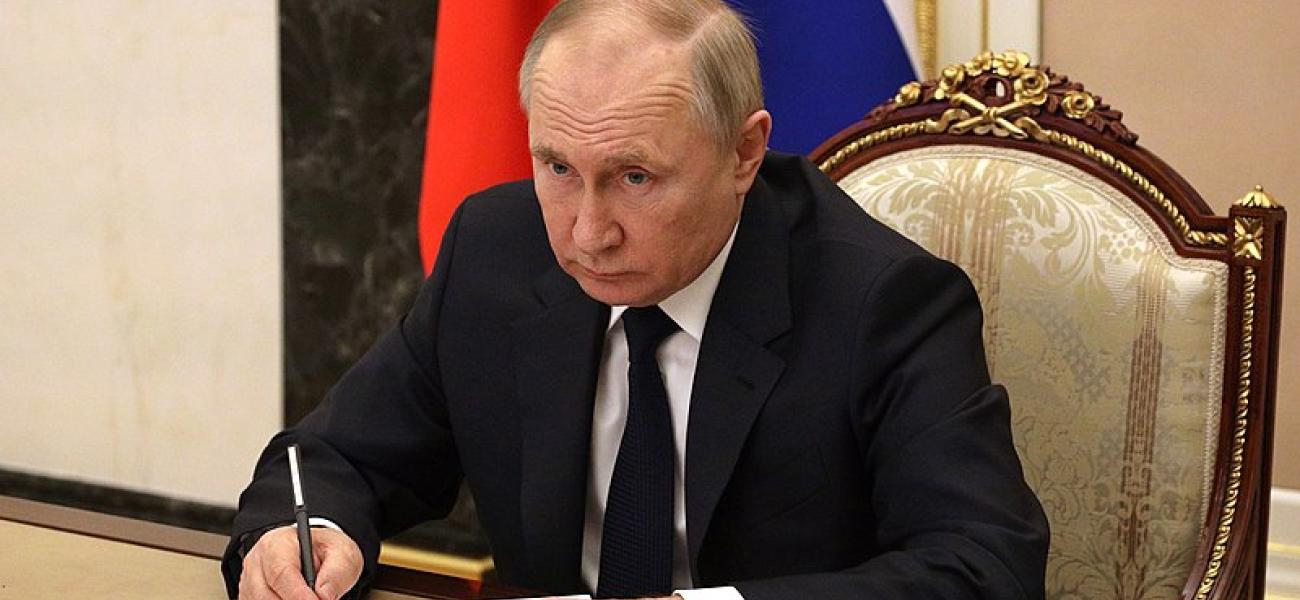
Putin Is Angry, But He Isn’t Mad
This is a summary of an article originally published by the Wall Street Journal, with the subheading: "He’s acted with arrogance and recklessness in Ukraine, but there’s ample historical precedent for his errors."
The author, who holds a chair in defense and strategy at the Brookings Institution, argues that while it may seem as though Vladimir Putin has "lost his mind," it is rather that he "appears to have miscalculated badly in his invasion of Ukraine," which has historical precedent: History is "laden with aggressors who thought wars would be much easier than they turned out to be." The author argues that Putin's miscalculation stems from being both "overconfident in his own judgment and his armed forces" and overconfident with "wounded pride about Russia’s place in the world and anger at his adversaries." And while Putin's putting Russia's nuclear forces on alert has been interpreted as an unprecedented escalation, the author notes that "there are precedents for Mr. Putin’s putting his forces on alert early in the invasion: The U.S. did the same during the 1973 Middle East war to discourage Soviet intervention. The Russian leader’s pre-invasion vow to meet resistance with ‘consequences that you have never experienced in your history’ was most likely an attempt at deterrence through intimidation.”
The author further notes that there are two implications for Putin's miscalculation. First, because Putin has already realized his mistake, "he may look for a way to mitigate it" and that "the West should consider whether there is a way to ensure Ukraine’s long-term security without North Atlantic Treaty Organization membership, in exchange for Russian withdrawal and commitment to a verifiable arrangement.” Second, if "Putin is rational, NATO can deter him from attacks against Poland and the Baltics by moving more troops there.” The author ends by arguing that Putin's behavior "can otherwise be explained simply by allowing for the kinds of mistakes that leaders often make. Given that he has his finger on the nuclear trigger, that’s a relief.”
Michael O’Hanlon
Michael O’Hanlon holds a chair in defense and strategy at the Brookings Institution and is the author of “The Art of War in an Age of Peace: U.S. Grand Strategy and Resolute Restraint.”
The opinions expressed herein are solely those of the author. Photo by Kremlin.ru shared under a Creative Commons license.
